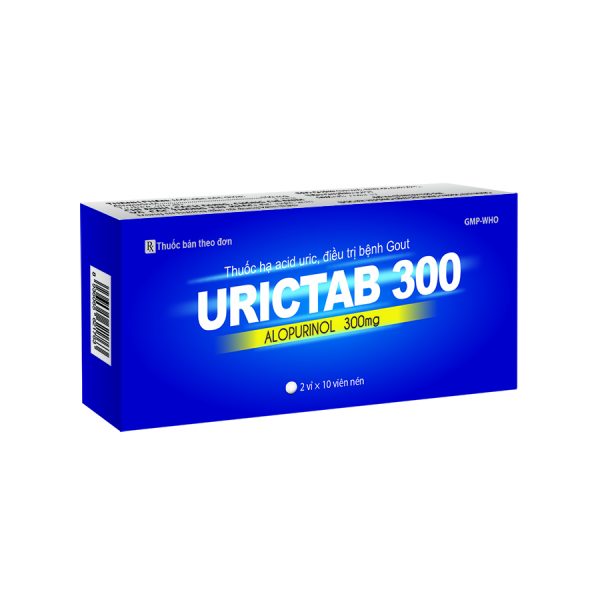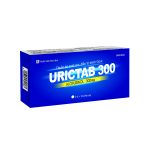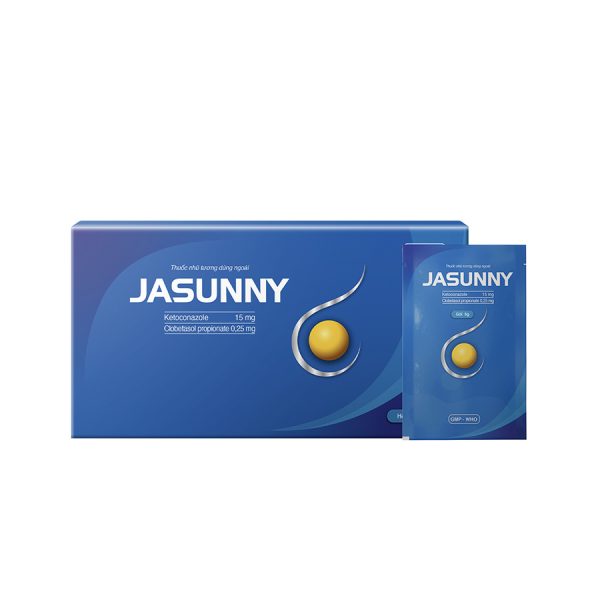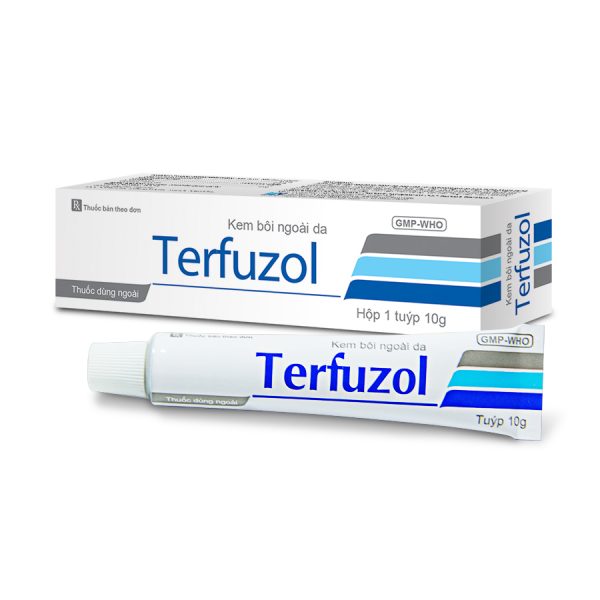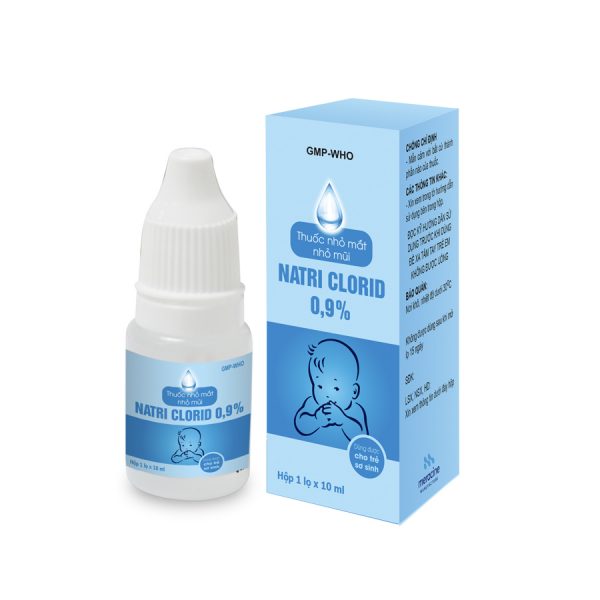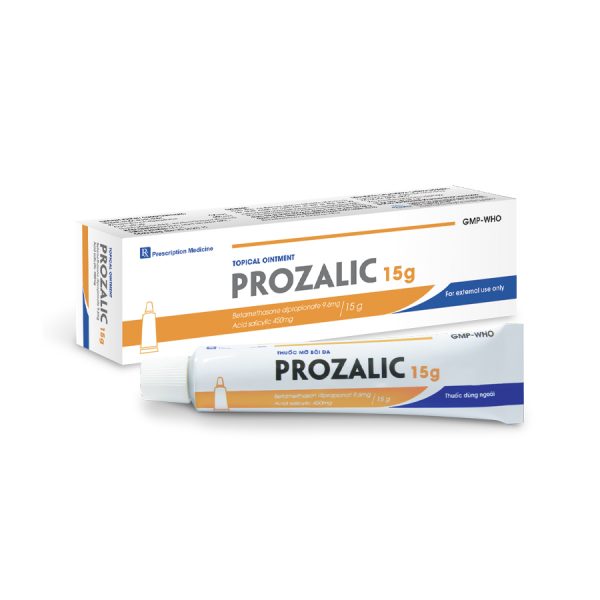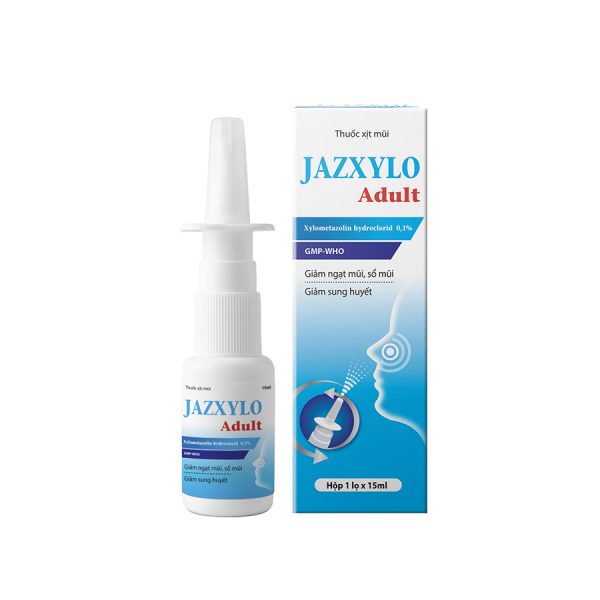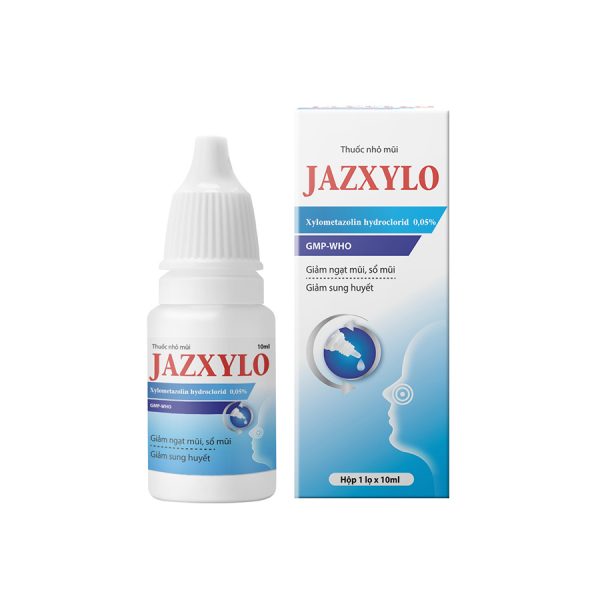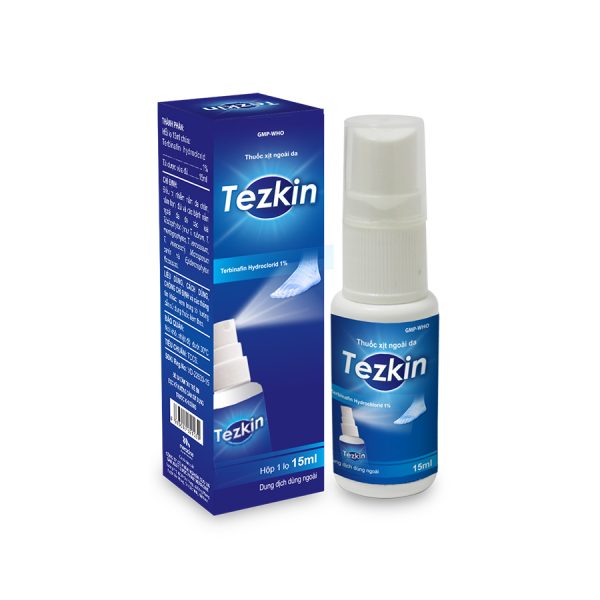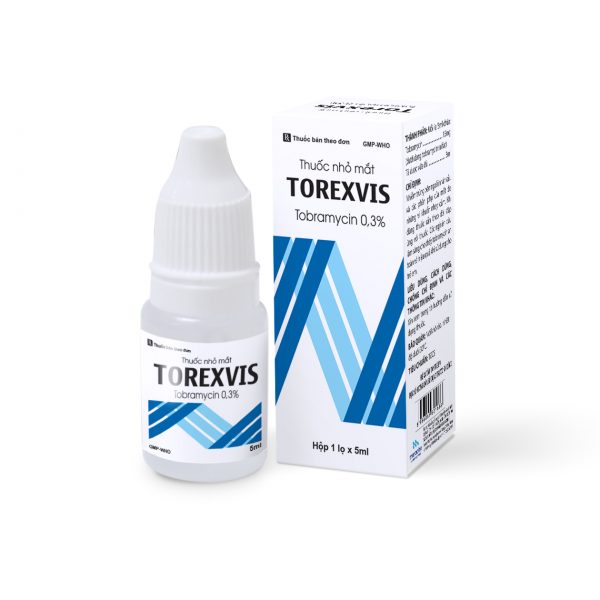Ingredients
Each tablet contains:
Allopurinol 300 mg.
Excipients 1 capsule.
Dosage Form
Tablets
Packaging
Box of 2 blisters x 10 tablets
Shelf life
3 years
CBSP Number
VD-26797-17
Allopurinol is indicated for urate/uric acid reduction in cases of urate/uric acid deposition (e.g. gouty arthritis, urate gallstones, kidney stones) or in cases of foreseeable clinical risk (e.g. treatment of malignant tumors leading to acute uric acid nephropathy). Cases of urate/uric acid deposition: idiopathic gout, kidney stones caused by uric acid, acute kidney disease caused by uric acid; cancers and myeloproliferative diseases with high cell turnover, in which high urate levels occur either spontaneously or after cytotoxic treatment; Enzyme disorders lead to urate crisis, e.g. hypoxanthine-guanine phosphoribosyltransferase includes Lesch-Nyhan syndrome, glucose-6- phosphatase includes glycogen storage disease; phosphoribosylpyrophosphate synthetase, phosphoribosylpyrophosphate amidotransferase; adenine phosphoribosyltransferase. Allopurinol is indicated for the management of 2,8-dihydroxyadenine (2,8-DHA) kidney stones associated with impaired adenine phosphoribosyl transferase activity.
Allopurinol is indicated for the treatment of recurrent mixed calcium oxalate nephrolithiasis in hyperuricaemia when dietary modification or similar measures have failed.
Allopurinol is indicated for urate/uric acid reduction in cases of urate/uric acid deposition (e.g. gouty arthritis, urate gallstones, kidney stones) or in cases of foreseeable clinical risk (e.g. treatment of malignant tumors leading to acute uric acid nephropathy). Cases of urate/uric acid deposition: idiopathic gout, kidney stones caused by uric acid, acute kidney disease caused by uric acid; cancers and myeloproliferative diseases with high cell turnover, in which high urate levels occur either spontaneously or after cytotoxic treatment; Enzyme disorders lead to urate crisis, e.g. hypoxanthine-guanine phosphoribosyltransferase includes Lesch-Nyhan syndrome, glucose-6- phosphatase includes glycogen storage disease; phosphoribosylpyrophosphate synthetase, phosphoribosylpyrophosphate amidotransferase; adenine phosphoribosyltransferase. Allopurinol is indicated for the management of 2,8-dihydroxyadenine (2,8-DHA) kidney stones associated with impaired adenine phosphoribosyl transferase activity.
Allopurinol is indicated for the treatment of recurrent mixed calcium oxalate nephrolithiasis in hyperuricaemia when dietary modification or similar measures have failed.
Contraindications:
People who are allergic to any ingredient of the drug.
Do not use with iron salts in patients with idiopathic hemochromatosis.
Take Urictab 300 1 time/day after meals. Allopurinol is well tolerated, especially after meals. If the daily dose exceeds 300 mg, it is not tolerated through the gastrointestinal tract, the dose should be divided accordingly.
Adults: Allopurinol should be used at low doses of approximately 100 mg/day to reduce the risk of side effects and the dose should only be increased if serum urate response is unsatisfactory. Use caution in patients with impaired renal function. Recommended dosage:
1-2 tablets/day in moderate cases.
2-3 tablets/day in severe cases.
If dosage in mg/kg body weight is necessary: Should use 2-10mg/kg body weight/day.
Pediatric patients: Children under 15 years old: 10-20mg/kg body weight/day, maximum 400mg/day. Rarely indicated in children except in cases of malignancy (especially leukemia) and certain enzyme disorders such as Lesh-Nyhan syndrome. The elderly: In the absence of specific data, use the lowest dose in case of urate depletion. Special attention applies to patients with renal impairment and to patients in the "Cautions" section. Patients with renal failure: In cases of severe kidney failure, patients should not use Urictab 300; Should use doses less than 100 mg/day or use single doses of 100 mg for a period longer than 1 day. Patients with liver failure: Reduce dose for patients with liver failure. Periodic liver function testing is recommended during the initial phase of treatment. Recommendation: Dosage should be adjusted by monitoring serum urate concentrations and urinary urate/uric acid levels at appropriate intervals.
Register to become a distributor with Meracine

